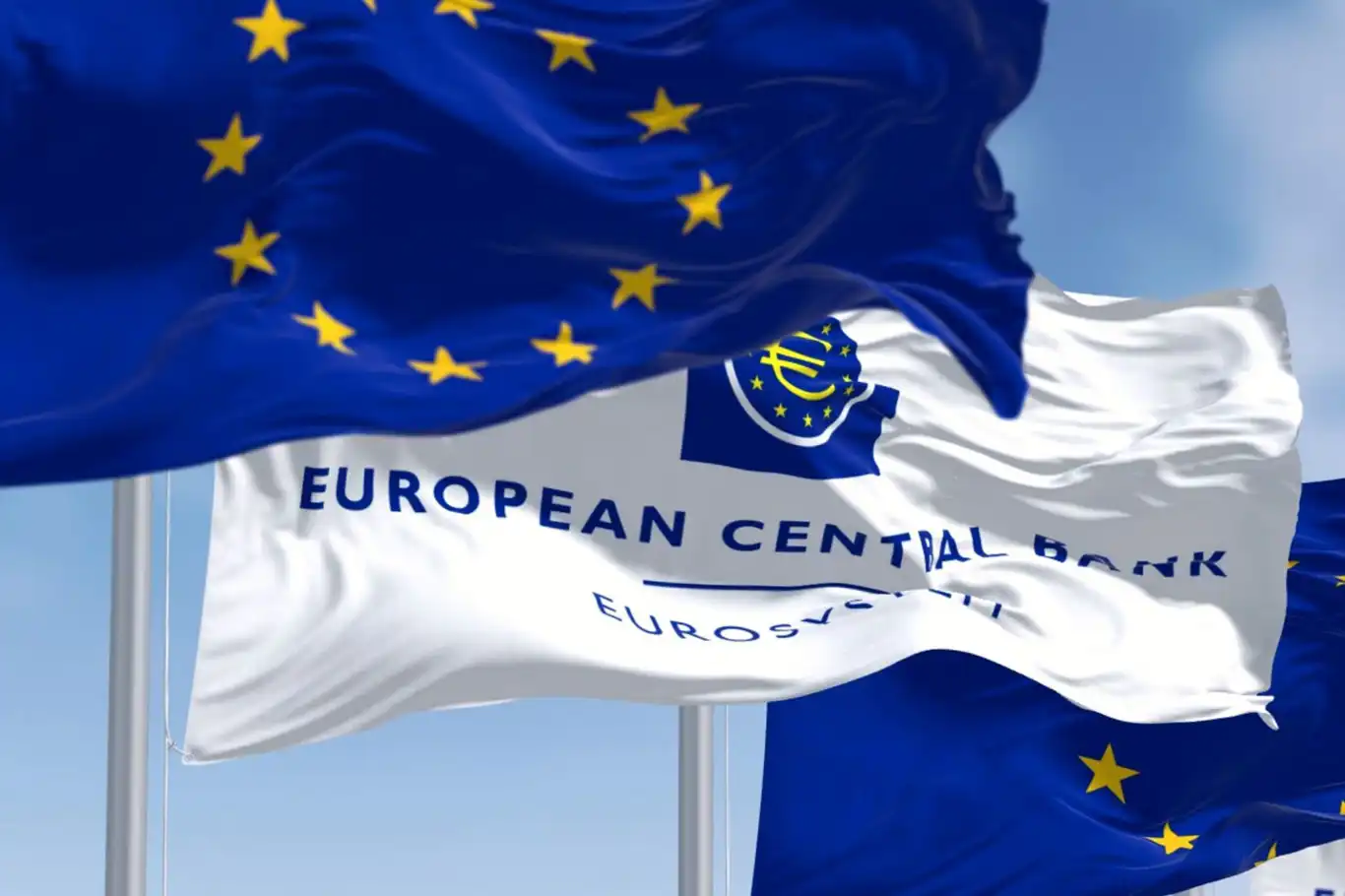ECB cuts interest rates, maintains inflation focus


The European Central Bank (ECB) announced on Thursday that it has lowered its deposit facility rate by 25 basis points to 3.50%.
The decision, effective from September 18, is part of the ECB's strategy to moderate the restrictive stance of its monetary policy, based on an updated inflation outlook and economic assessment.
In a statement, the ECB cited its latest projections which indicate that inflation, although gradually easing, remains high. The bank now expects headline inflation to average 2.5% in 2024, 2.2% in 2025, and 1.9% in 2026, consistent with its June projections. Core inflation is projected to decline from 2.9% in 2023 to 2.3% in 2025 and 2.0% in 2026.
The ECB acknowledged that domestic inflation pressures, particularly from rising wages, remain elevated. However, it noted that wage growth is starting to moderate, with profits absorbing some of the impact of higher wages. Meanwhile, financing conditions are still restrictive, and weak private consumption and investment are keeping economic activity subdued.
The ECB revised down its economic growth forecasts for the euro area, projecting GDP to grow by 0.8% in 2024, 1.3% in 2025, and 1.5% in 2026. This reflects a weaker-than-expected contribution from domestic demand over the coming quarters.
In addition to the reduction of the deposit facility rate, the ECB also lowered the interest rates on its main refinancing operations to 3.65% and on the marginal lending facility to 3.90%. These changes will also take effect on September 18. The ECB emphasized that its monetary policy decisions will continue to be data-driven, focusing on inflation trends, underlying inflation dynamics, and the strength of monetary policy transmission.
The ECB reiterated its commitment to achieving its medium-term inflation target of 2%. "The Governing Council will keep policy rates sufficiently restrictive for as long as necessary to ensure inflation returns to target in a timely manner," the bank said, while stressing that it remains flexible and not committed to a fixed rate path.
The ECB provided updates on its asset purchase programmes, noting that the Asset Purchase Programme (APP) portfolio is being reduced at a "measured and predictable pace," as the ECB no longer reinvests the principal payments from maturing securities.
The Pandemic Emergency Purchase Programme (PEPP) portfolio is being reduced by an average of €7.5 billion per month, and the ECB plans to end reinvestments under the PEPP by the end of 2024. Flexibility in PEPP reinvestments will continue, aimed at countering any risks to monetary policy transmission related to the pandemic.
The ECB also commented on the ongoing repayment of amounts borrowed under its targeted longer-term refinancing operations (TLTROs). The Governing Council will continue to assess how these repayments are affecting the bank's monetary policy stance.
The ECB emphasized its readiness to adjust all of its instruments as necessary to achieve its inflation target and maintain the smooth functioning of its monetary policy transmission. The bank also reaffirmed that the Transmission Protection Instrument remains available to counter disorderly market dynamics that could threaten monetary policy transmission across the euro area. (ILKHA)
LEGAL WARNING: All rights of the published news, photos and videos are reserved by İlke Haber Ajansı Basın Yayın San. Trade A.Ş. Under no circumstances can all or part of the news, photos and videos be used without a written contract or subscription.
Türkiye's dairy industry demonstrated remarkable growth in November, as reported by the Turkish Statistical Institute.
The price of Brent crude oil has seen a slight fluctuation in recent trading sessions.
The Turkish Statistical Institute reported that chicken meat production reached 216,754 tons and hen egg production hit 1.71 billion units in November.
The Turkish Statistical Institute reported on Monday that Türkiye's total turnover index increased by 42.4% on an annual basis in November 2024, reflecting significant growth across various sectors.